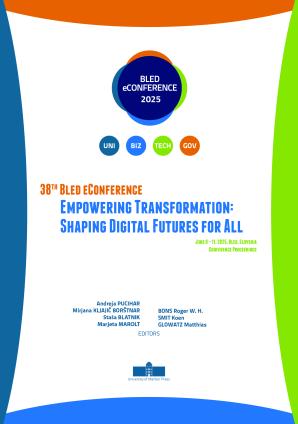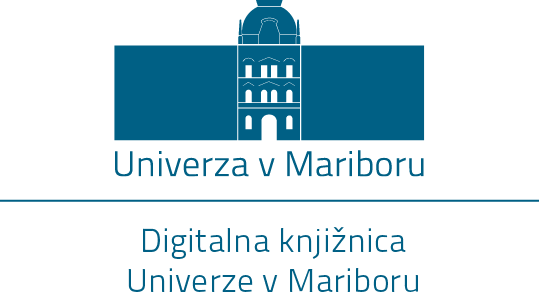Using Digital Twin Technology for Developing a Healthy and Sustainable Living Environment: A Dutch Case Study
Kratka vsebina
As urban environments face increasing challenges related to sustainability in development and planning, Digital Twin (DT) technology has emerged as a potential solution for enriching real-time and historical data into spatial planning processes. This study examines the potential and application of a DT in facilitating sustainable urban development, using the Utrecht Science Park (USP) as a case study to illustrate these possibilities. Specifically, the Healthy Heidelberglaan project, a collaborative initiative with different partners within the USP, demonstrates how this technology could support sustainable urban transformation. This research employs a methodological approach that includes sensor-based data acquisition, integration with external datasets and the implementation of scalable processes for historical data analysis. As this research is ongoing, subsequent phases will focus on development, translation of geographic data, analysing potential barriers and identifying key challenges and opportunities associated with DT technology and its application.







